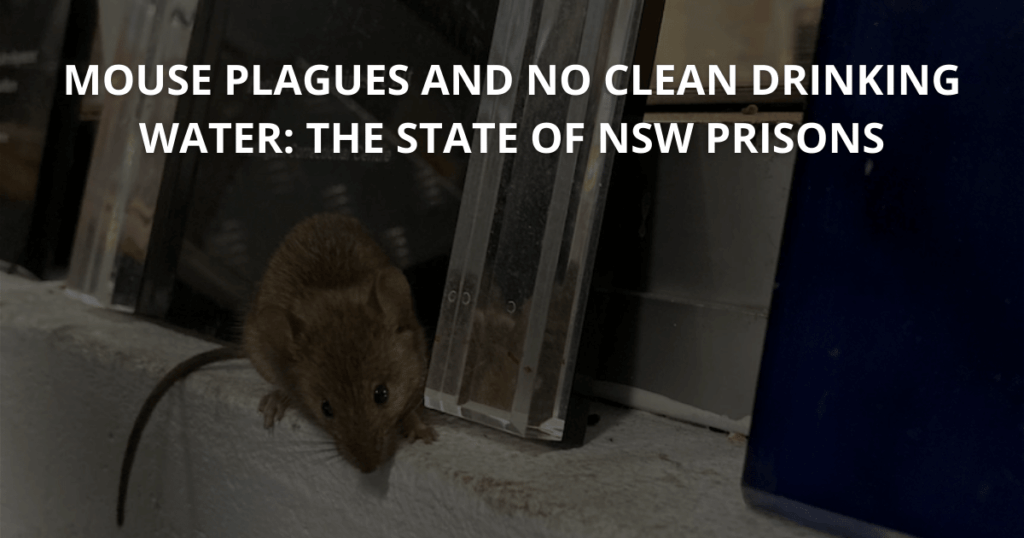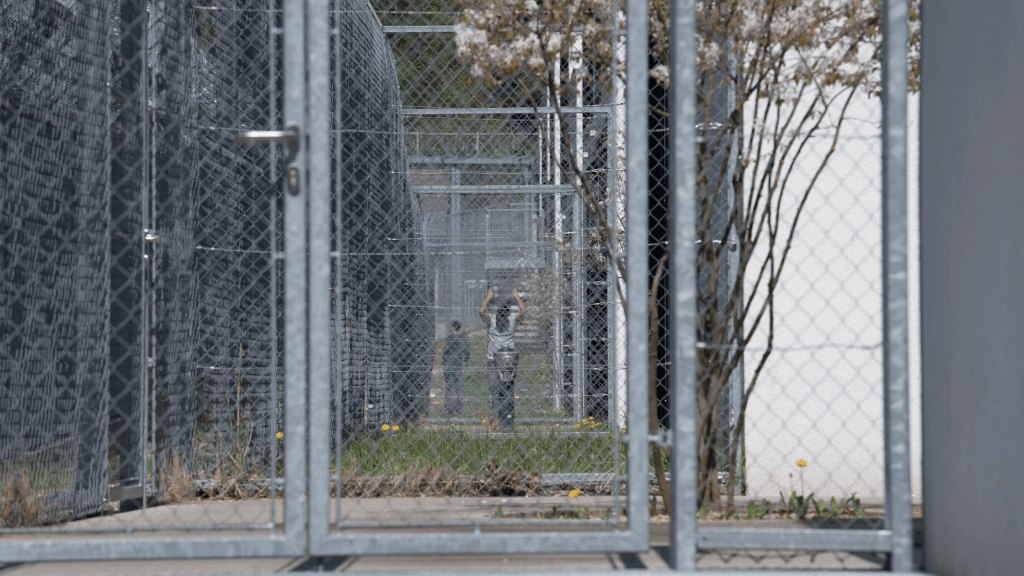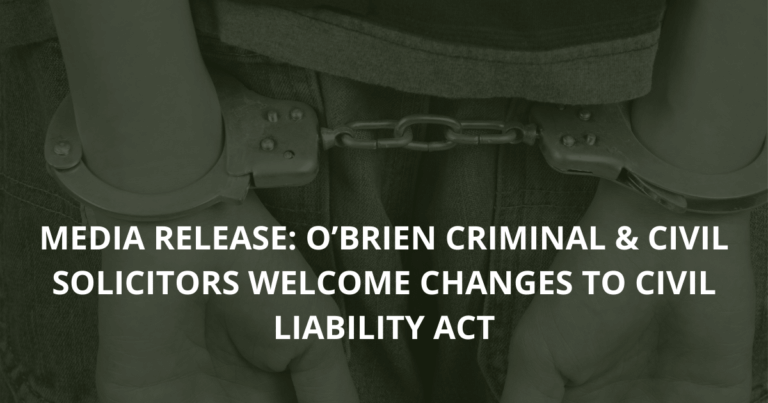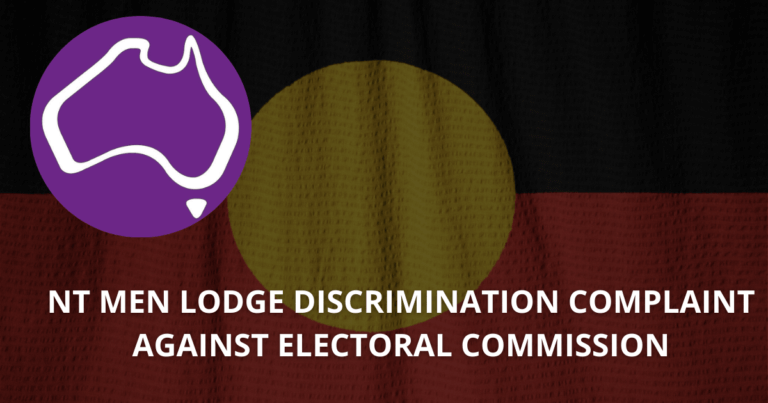The mouse plague that has taken over regional NSW has entered Wellington Correction Facility, causing the evacuation of hundreds of inmates.
The facility, which houses up to 750 male and female inmates, has been overrun with the pests since early May of this year.
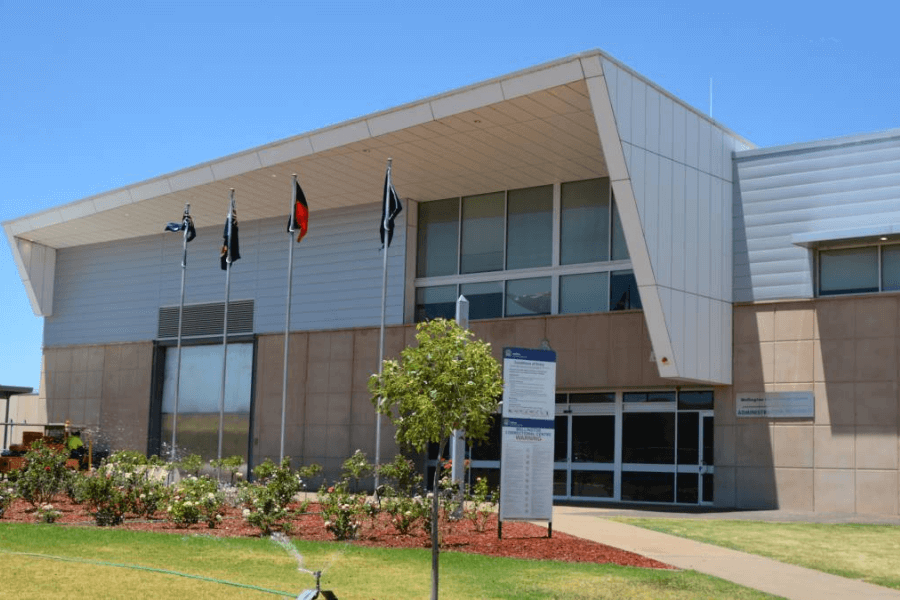
A Corrective Services NSW spokeswoman said they were baiting and using sticking pads to catch the pests.
A stench is reportedly noticeable throughout the facility. This is due to dead mice stuck in the wall cavities.
Two correctional officers have been bitten by the mice. It’s not understood whether any inmates have received bites.
“We’re doing everything we can to support staff and inmates at Wellington Correctional Complex and mitigate the effects of the mouse plague,” the spokeswoman told The Daily Telegraph.
“The prison complex is using a combination of baiting and sticking pads to help address the problem and has increased cleaning on site.”
Corrective Services evacuates prison inmates
Up to 200 staff and 420 inmates will transfer to other prisons in order to fix the damage.
“The staff at Wellington have done an incredibly good job in managing the effects of the mice plague, but we need to take this step now to ensure the site is thoroughly cleaned and infrastructure is repaired,” Corrective Services NSW Commissioner Peter Severin said.
“Relocating staff and inmates will give us the best chance of deep-cleaning the prison, reviewing site infrastructure and tackling this challenge head-on.”
In-person visits to Wellington Correctional Centre are on hold until the remediation work is complete.
Lack of clean drinking water in prison
A few weeks ago, staff told the inmates to boil their water as it was undrinkable in its current state.
According to an advocate for prisoners in Australia, inmates at the facility haven’t been able to access clean drinking water.
While some inmates have the facilities in their cells to boil water, not all do. This is leaving those prisoners susceptible to bacterial infections.
Prisoner rights in New South Wales
In Muir v The Queen (2004) 78 ALJR 780; 206 ALR 189 Kirby J said (at 784; 194 [25]):
Prisoners are human beings. In most cases, they are also citizens of this country, “subjects of the Queen” and “electors” under the Constitution. They should, so far as the law can allow, ordinarily have the same rights as all other persons before this court. They have lost their liberty whilst they are in prison. However, so far as I am concerned, they have not lost their human dignity or their right to equality before the law.
According to the United Nations Standard Minimum Rules for the Treatment of Prisoners at rules 20(2), “Drinking water shall be available to every prisoner whenever he needs it”.
If you or someone you know is in prison and is suffering from poor conditions, then contact our lawyers. We may be able to help.


